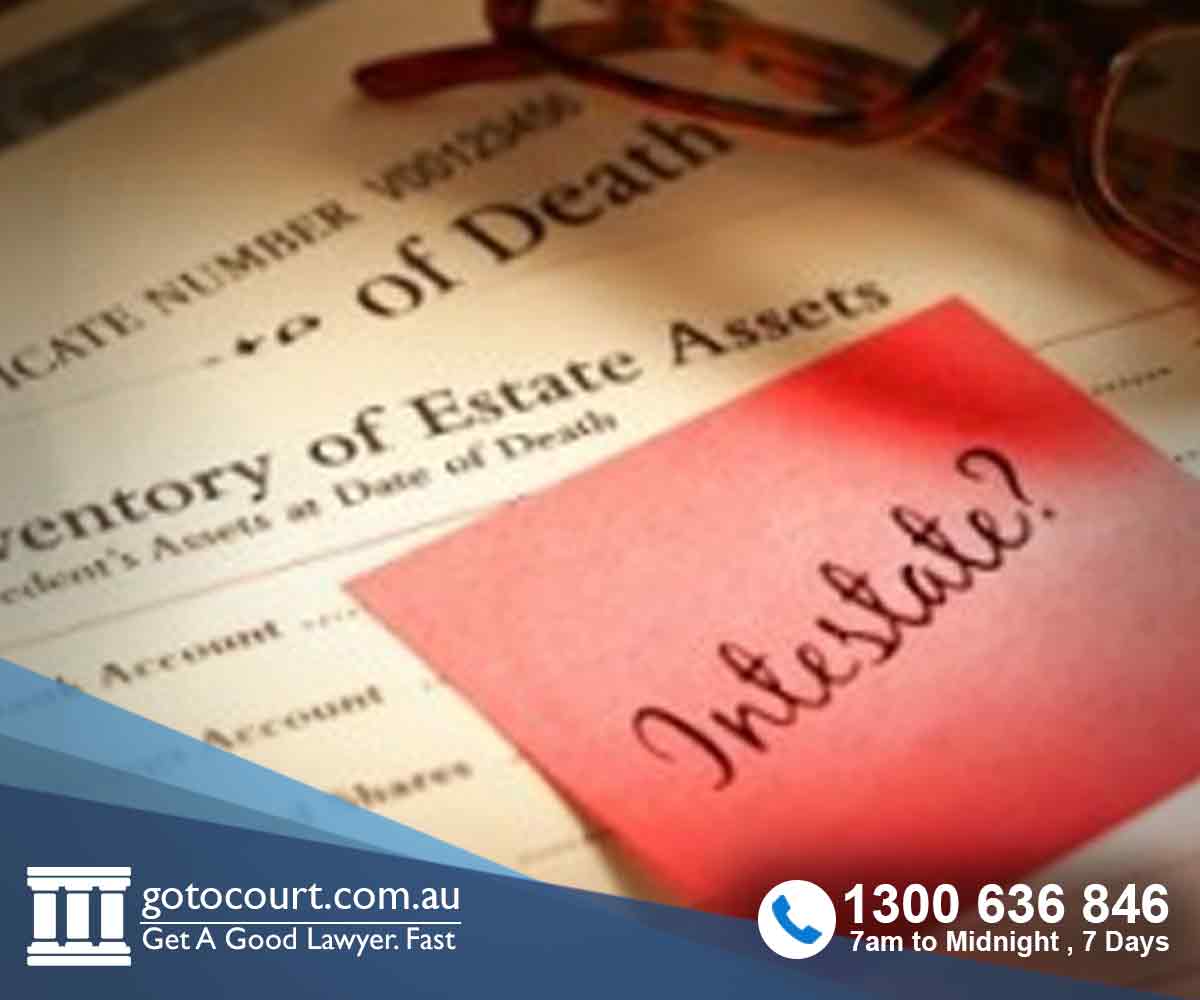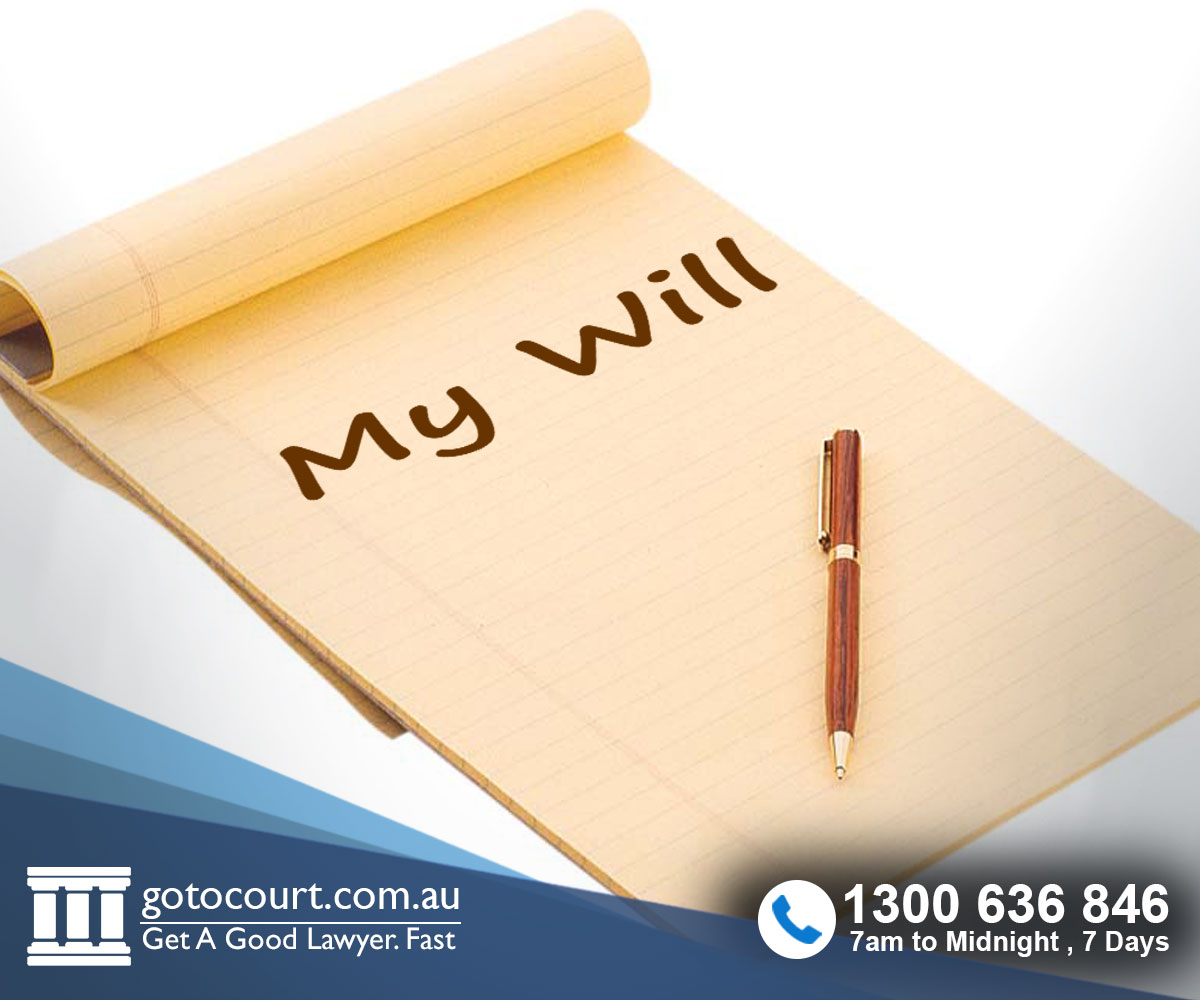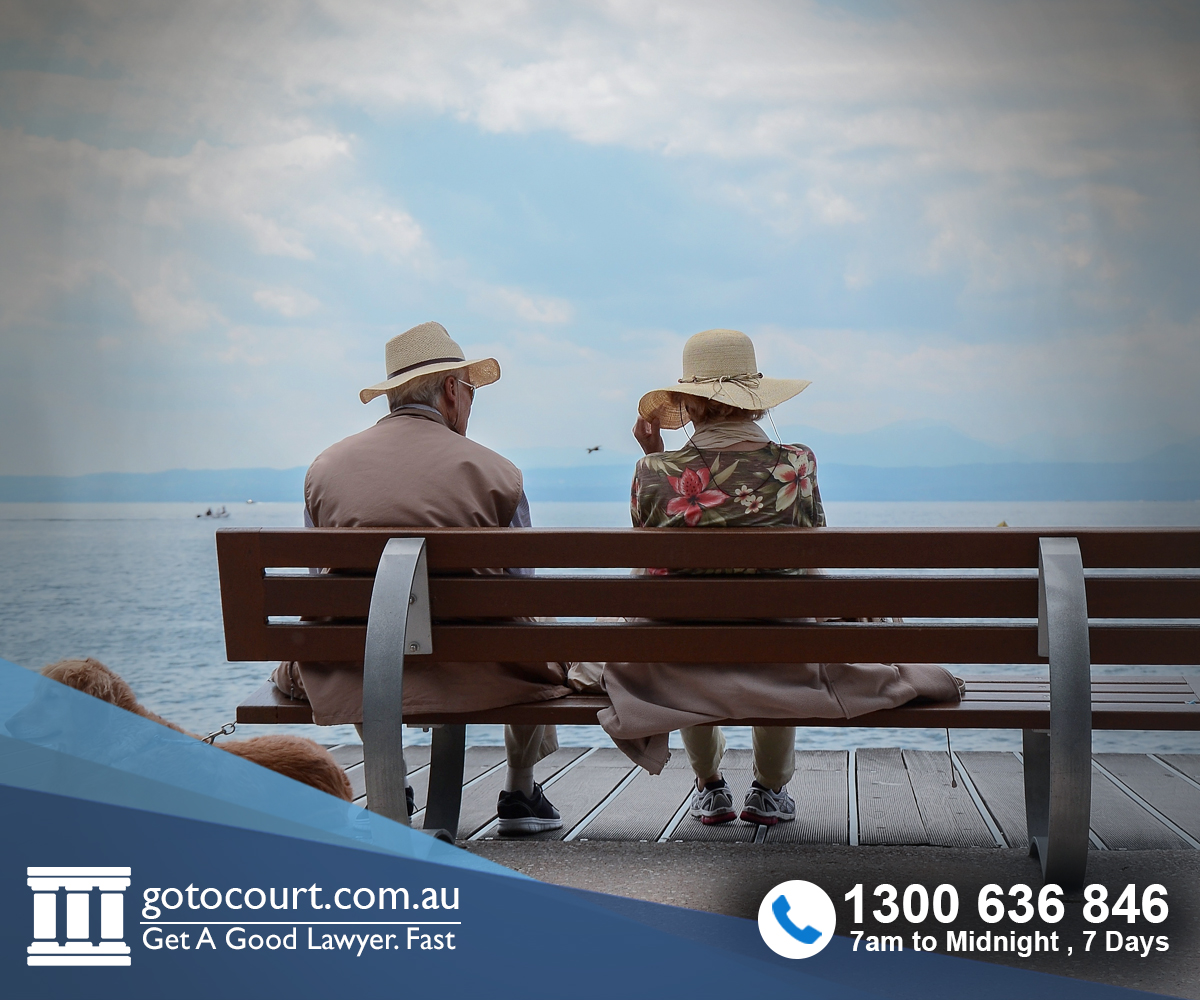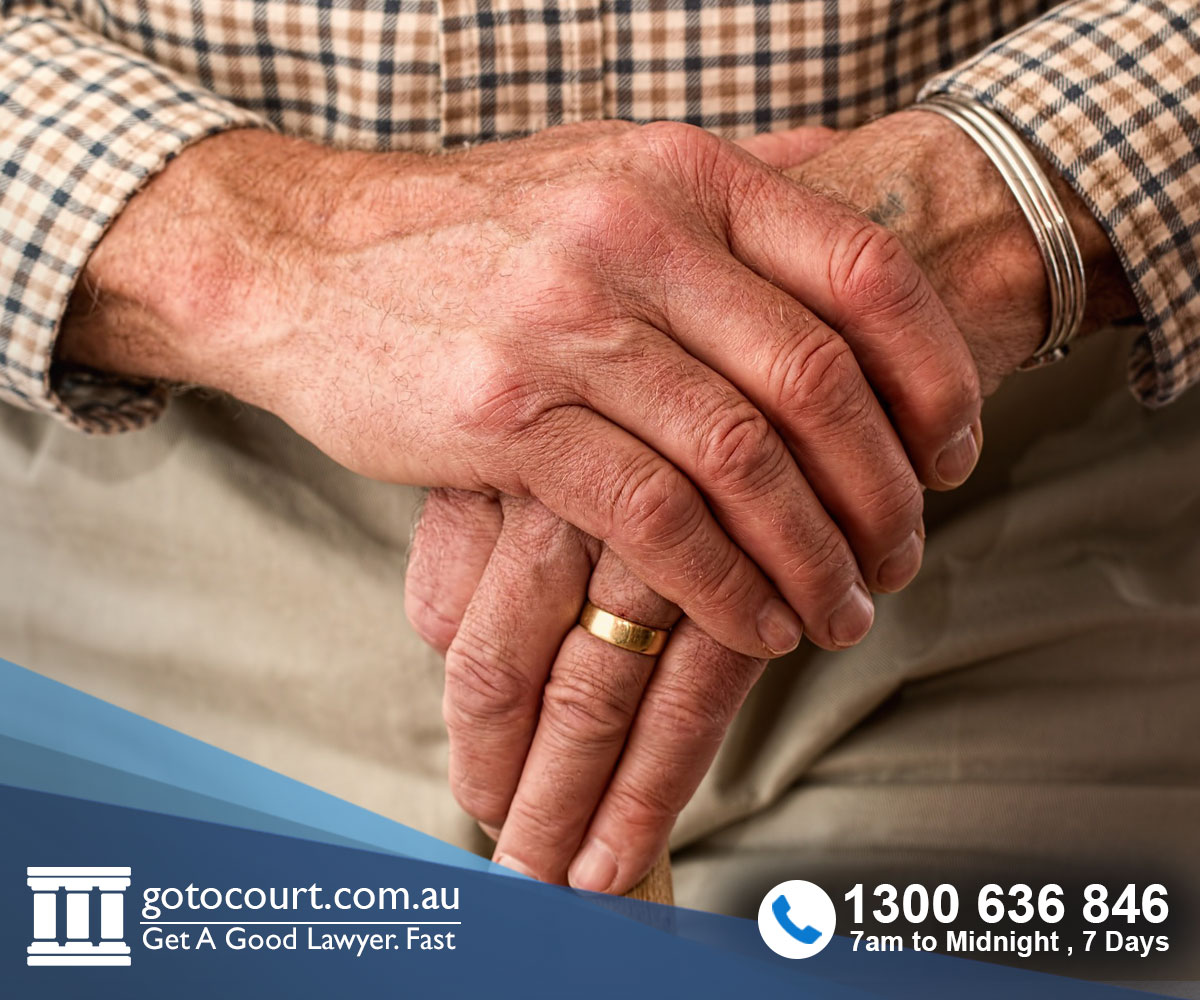Call our lawyers
now
or,
have our lawyers
call you
Probate in South Australia
Updated on Jan 03, 2023 • 4 min read • 184 views • Copy Link
Probate in South Australia
In South Australia, the law on Probate is set out in the Administration and Probate Act 1919. For a grant of Probate to be made there must be a Will. Probate is the process of proving that will. This means that the Probate Registry of the Supreme Court of South Australia accepts that the deceased’s will is valid and that it is the last will in existence. Once that happens, the deceased person’s debts can be paid and their wishes can be carried out. Some very small estates can be handled without getting a grant of probate but large amounts of money and assets such as land cannot be transferred or sold without a grant.
Obtaining the grant involves the preparation and lodging of several documents at the Probate Registry of the Court. The documents to be lodged are the executor’s oath, the original will, a draft grant of probate and an affidavit of assets and liabilities. The filing fee is currently $1088.00. In most cases, Probate is granted without the need for a court hearing.
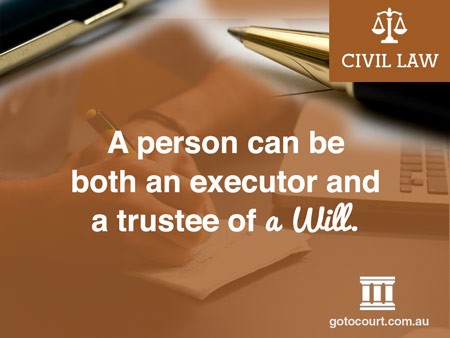
Letters of administration
Usually, an executor and/or trustee are appointed in the will. However, if no executor has been appointed, or the executor has died, or no executor is able or willing to administer the estate, an application must be made for a grant of letters of administration with the will annexed. The procedures are very similar to obtaining probate.
The original will must be lodged with the application. If the deceased died on or after 26 June 2014, the documents lodged are an administrator’s oath, draft letters of administration, together with an affidavit of assets and liabilities with a schedule of those assets and liabilities attached. If the date of death was before that date then an administration bond must also be lodged.
An administration bond is a guarantee that has either two sureties (or guarantors) or has an approved insurance company as guarantor. It guarantees that the administrator will do the work of administering the estate in accordance with the will and the law. Should the applicant choose private sureties, each surety must have assets in their name the value of which is at least equal to the value of the deceased’s estate. If the administrator is to be the spouse of the deceased person then only one surety is needed. In certain circumstances a special affidavit may be completed and the lodging of the bond can sometimes be avoided.
Letters of Administration must also be applied for if a person dies without a will or without a valid will.
Executors & Trustees
A person can be both an executor and a trustee. The executor’s role is to collect all of the assets of the estate, pay all of the deceased person’s bills and to distribute the balance of the estate to the beneficiaries. If there are continuing duties under the will, such as trusts for the support and maintenance of children, this role is performed by the trustee.
The executor must pay firstly the funeral expenses, then the testamentary (legal) expenses, any statutory obligations (such as taxation) and finally any other debts owed by the deceased person or their estate. In the first instance, the person who orders the funeral is responsible for paying the account but they are entitled to be repaid before anyone else is paid. The will may set out which part of the estate is to be used to pay the debts. Usually the residuary estate (that is, the assets not left to a particular person) is used for this purpose. If there is not enough money in the residuary estate, then specific gifts in the will may be used to pay these costs proportionately.
No beneficiary has a right to any of the deceased’s property until the executor distributes the estate. However, in cases of hardship an executor may make a partial distribution of the estate, or an advance, to the deceased’s spouse or domestic partner.

Affordable Lawyers
Our Go To Court Lawyers will assist you in all areas of law. We specialise in providing legal advice urgently – at the time when you need it most. If you need a lawyer right now, today, we can help you – no matter where you are in Australia.How It Works







1. You speak directly to a lawyer
When you call the Go To Court Legal Hotline, you will be connected directly to a lawyer, every time.


2. Get your legal situation assessed
We determine the best way forward in your legal matter, free of charge. If you want to go ahead and book a face-to-face appointment, we will connect you with a specialist in your local area.


3. We arrange everything as needed
If you want to go ahead and book a fact-to-face appointment, we will connect you with a specialist in your local area no matter where you are and even at very short notice.


